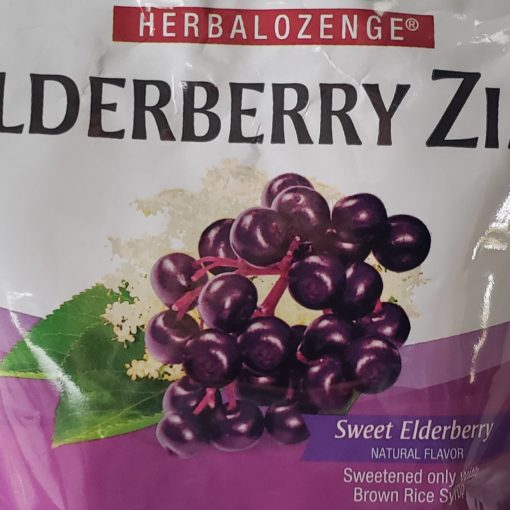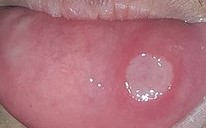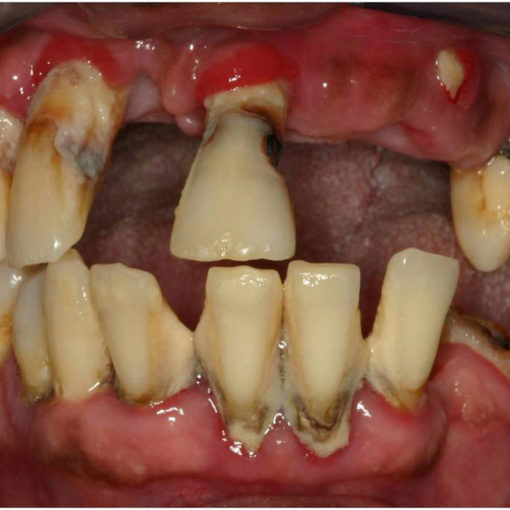BAD BREATH IS BAD
Is it rude to throw a breath mint in someone’s mouth while they are talking?
Breath, we all have it, and thank goodness, it means we’re above ground.
When our breath is unbearable, aka halitosis, it can not only be pretty embarrassing but represent a serious health issue. Halitosis can be generated by multiple issues. If you, or someone you know, has constant bad breath, it may be more than what you ate and more probing into the matter should be considered.
When our breath is unbearable, aka halitosis, it can not only be pretty embarrassing but represent a serious health issue. Halitosis can be generated by multiple issues. If you, or someone you know, has constant bad breath, it may be more than what you ate and more probing into the matter should be considered.
What causes bad breath?
- Certain foods such as garlic, onions, coffee and alcohol. Garlic and onions originate smelly sulfur compounds which linger in the mouth and travels the bloodstream then expels during exhaling. Alcohol, coffee and any other food or drink that initiates drying of the mouth and reduces saliva flow creates an environment for bacteria to linger longer.
- Certain diets – low carb diets. When the body burns fat instead of sugar the body releases certain chemicals, called ketones, into the breath that can cause an odor.
- Alcohol – there are a few reasons for this one. Alcohol can cause a dry mouth promoting bacteria to thrive and since alcohol travels directly into the bloodstream, the lungs indulge in it exhaling “alcohol breath”.
- Dry mouth – aka xerostomia. Saliva is necessary to moisten the mouth, neutralize acids produced by plaque, wash away dead cells that accumulate on the tongue, cheeks, and gums. If there isn’t a consistent removal of cells they decompose and can cause an odor. Conditions can be medications, salivary gland problems, Sjögren’s syndrome or mouth breathing.
- Poor oral hygiene from a lack of daily care. Heavy plaque combines with carbohydrates and causes decay and infection, which causes an odor.
- Morning Breath – we all experience this. Saliva production slows down at night amplifying the odor causing bacteria.
- Periodontal disease – infection smells. When the mouth is full of bacteria and plaque and there’s active disease, it can initiate an odor.
- Smokers – Just the potent smell of smoke itself. Smoking promotes a very dry environment, bolsters more plaque accumulation which increases periodontal disease. Tobacco chewers and chew itself causes an odor. Smoking causes dry mouth, so combining both the act of smoking with the dry mouth equals a bad smell.
Systemic Issues
- Medications – a side effect is dry mouth. When saliva doesn’t wash away the bacteria, plaque and food it sticks around and instigates an odor.
- Respiratory infections – either lungs or nasal. Bronchitis, pneumonia, sinus infections and postnasal drip can instigate an odor.
- Post-nasal drip – with the flow of mucous throughout the mouth and throat. The combination of mucous and bacteria in the mouth can create a ripe environment for odors.
- Diabetes – uncontrolled. When the body burns fat instead of sugar, leaving a surplus of ketones in the body causing ketoacidosis, which represents itself as a fruity, sweet odor.
- Chronic acid reflux – when the esophagus is damaged and acid is constant in the back of the throat it can cause an odor.
- Liver disease – late stage failure. Known as fetor hepaticus is a sweet musty aroma caused by dimethyl sulfide. Chronic kidney failure may cause a fishy or ammonia smell.
- Kidney disease – may experience metallic or ammonia breath. A build-up of wastes in the blood (uremia) can alter taste and cause an odor.





